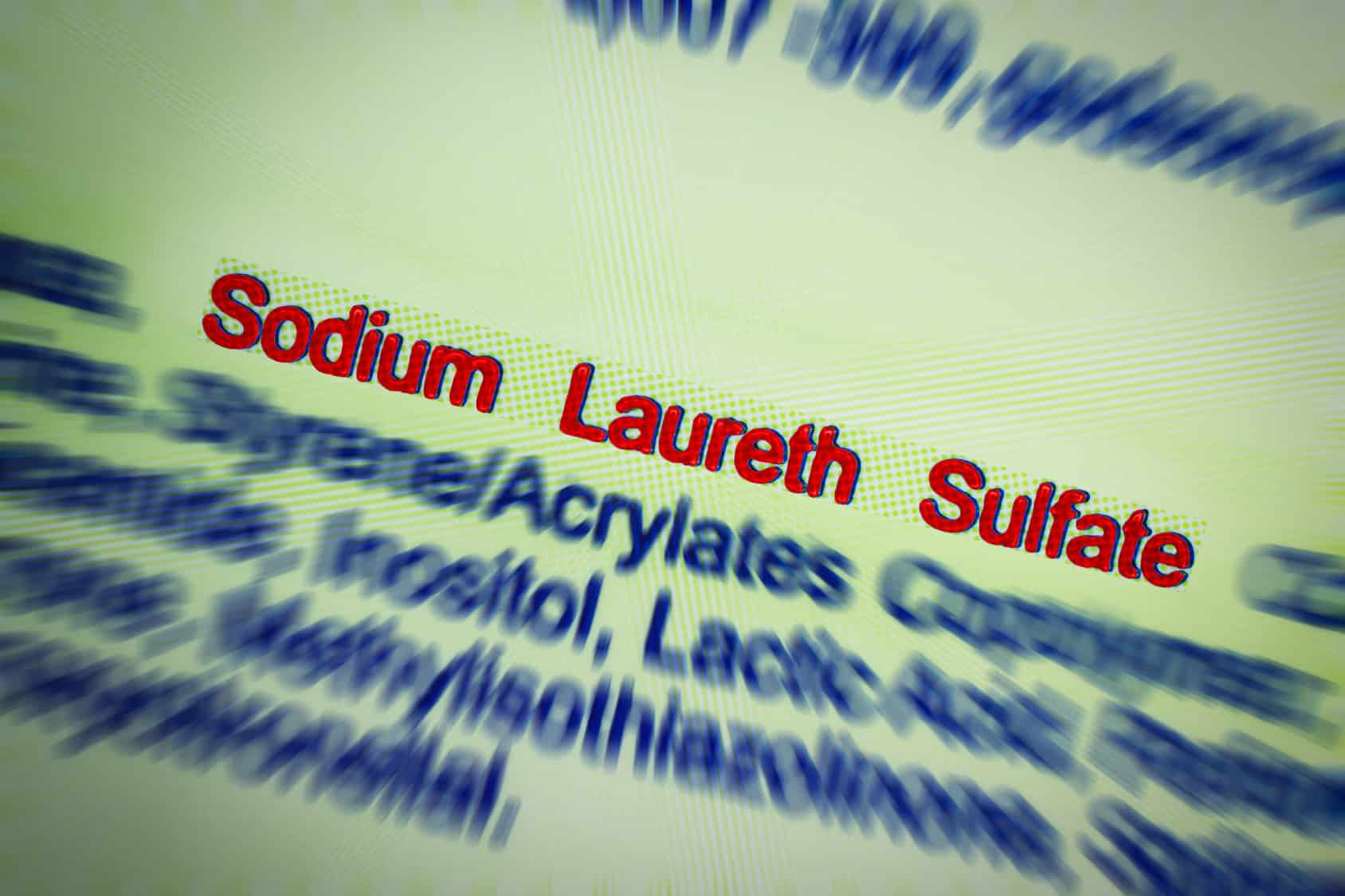Sulphate free

Sulphates are sulphur salts whose properties are used in many areas of life such as medicine, technology, agriculture and in the home. Conventionally, these controversial salts are also a common ingredient in cosmetics. In shampoos, shower gels, shaving creams, liquid soaps and toothpastes; wherever a foaming and cleaning effect is needed there will usually be a sulphate component. Even cosmetics that qualify as organic are not necessarily sulphate free. Although there is a wide range of difference in aggressiveness and environmental balance between particular sulphates, the experts are united: the healthiest option is cosmetics without sulphates.
What is the most commonly used sulphate?
Sodium lauryl sulphate is the harshest sulphate and in the opinion of many experts should not be used in any cosmetic products at all. Just as harsh is ammonium lauryl sulphate, a surfactant, which as it has a natural origin, can even be used in organic cosmetics. Sodium cocoyl sulphate is extracted from coconut oil. Whether it really is milder than related sulphates is still a matter for discussion. Organic cosmetics containing this ingredient are not sulphate free.
At Cosmacon we believe that cosmetics without sulphates are not only a possibility but should be a necessity. Cosmetics without sulphates are the future. Both large and small producers have already found sulphate free formulations that could push the almighty sulphur salts out of the market. Most frequently used are sulphosuccinates, glucosides, amino acid esters or isethionates. These substances are milder and more conditioning than sulphates, but they are also more expensive. If you really believe that you cannot live without products with the magic foam of surfactants and start to produce and use sulphate free cosmetics, you should at least be aware of their effect on people and the environment.
What are the advantages of cosmetics without sulphates?
Sulphate free means: you will never again experience mountains of foam up to the rim of the bath. Sulphate free also means: no skin irritation, no allergic reactions, no cancer risk, and no contamination of waste water, less hair drying and splitting. The woman of today does not want to limit her hair style choices, she likes to vary her hair and try new colours and accents. Frequent colouring, use of styling products and devices and chemical treatments all lead to over stressed and fatigued hair. Sulphate free products are perfect in this situation as they do not strain the hair.
What are the disadvantages of sulphates?
The sulphur salts react with the protein modules in our cells, macerate both hair and skin and remove impurities and oils so harshly that they cause skin to dry out and hair to become brittle. It is hard to imagine a more thorough cleaning agent. The sulphates are so harsh they can even lead to sores appearing in the oral mucosa. During the production of the most commonly used sulphate, sodium laureth sulphate, the cancer causing chemical dioxane is a by-product meaning that quality and purity is critical when buying or the end product could be dangerous. Unfortunately when the cost pressure is high, cheap products from China or India end up on the purchasing list. Next time you run a foam bath – just consider the down side and think about going sulphate free.
Research has opened various routes to producing cosmetics without sulphates. For example gentle sugar surfactants or amino acids with active cleansing properties can replace sulphates in a healthy, bio-compatible and efficient way.
Times are changing. People are concerned about sustainability and their own ecological footprint and health. Researchers are discovering new environmentally friendly natural substances. The way to sulphate free cosmetics is set; eventually sulphates will belong to the past just like CFCs.
